-
Kirk Douglas initially sought a foreign actress for the role of Varinia, approaching French actress Jeanne Moreau who was unavailable. He then enlisted German actress Sabine Bethmann, but director Stanley Kubrick found her unsuitable and substituted her with British actress Jean Simmons for the role.
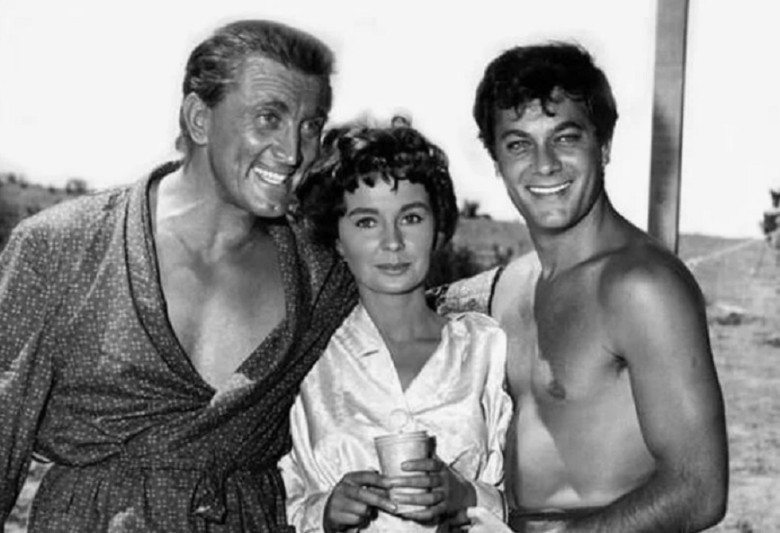
-
Actor Tony Curtis persuaded Kirk Douglas to create a character named Antoninus specifically for him, which was not part of the original script.

-
Laurence Olivier attempted to emulate Roman generals by riding a horse without a saddle, leading to awkward moments on set. To resolve the issue, Stanley Kubrick filmed scenes with the horse separately from Olivier for safety.

-
Cinematographer Russell Metty clashed with Stanley Kubrick over shooting techniques, though ultimately won an Oscar for "Spartacus" and benefited from Kubrick's advice.
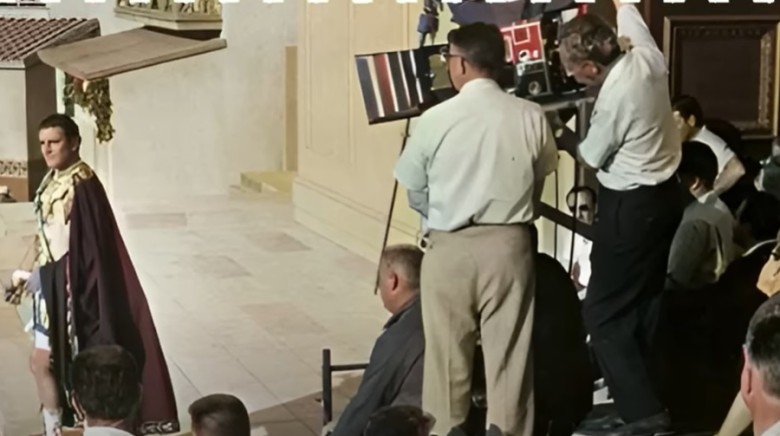
-
Kubrick organized the management of extras with numbered signs during battle scenes for precise coordination.
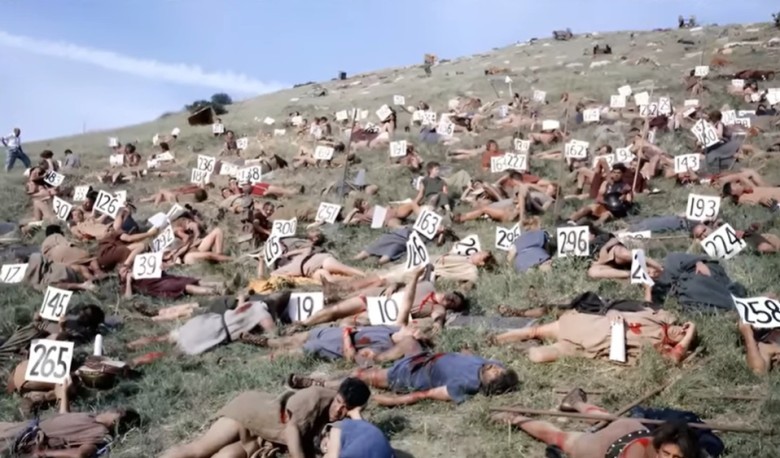
-
Kubrick's intense focus on filming led him to wear the same clothes for several days, causing concern for Kirk Douglas who urged him to change outfits.
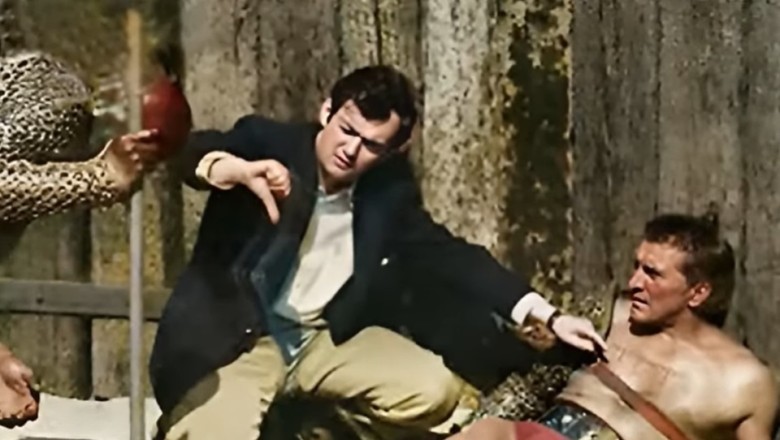
-
Kirk Douglas found the crucifixion scene to be one of the most challenging. When the scene was shortened in editing, Douglas became upset and fired the assistant director responsible for cutting the scene.

-
While the script originally had Spartacus go to the cross posthumously, Kubrick suggested a live crucifixion, to which Douglas agreed despite writer Dalton Trumbo's objections.
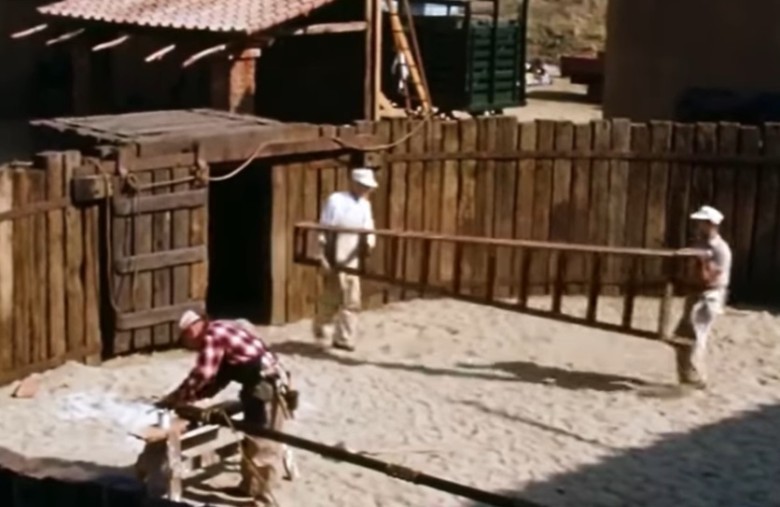
-
Injuries occurred during filming, including Kirk Douglas accidentally breaking a stuntman's rib and causing actor Charles McGraw to break his jaw during a scene.
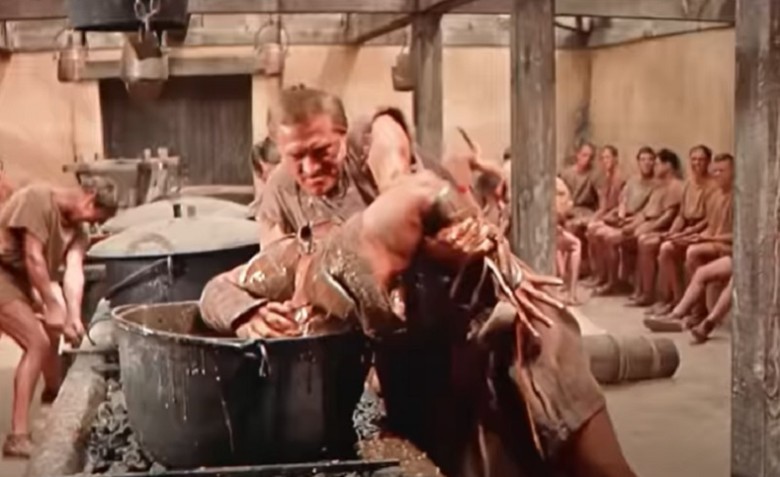
-
Despite predominantly filming in the U.S., some battle scenes were shot in Spain involving 8,000 Spanish soldiers as extras.

-
Filming was delayed due to Jean Simmons undergoing surgery, causing concern for the budget and schedule.

-
Upon its release in 1960, "Spartacus" faced controversy due to Dalton Trumbo's communist ties, leading to boycott attempts by the American Legion. However, the film's reception was positively boosted by President John F. Kennedy's attendance at the premiere.
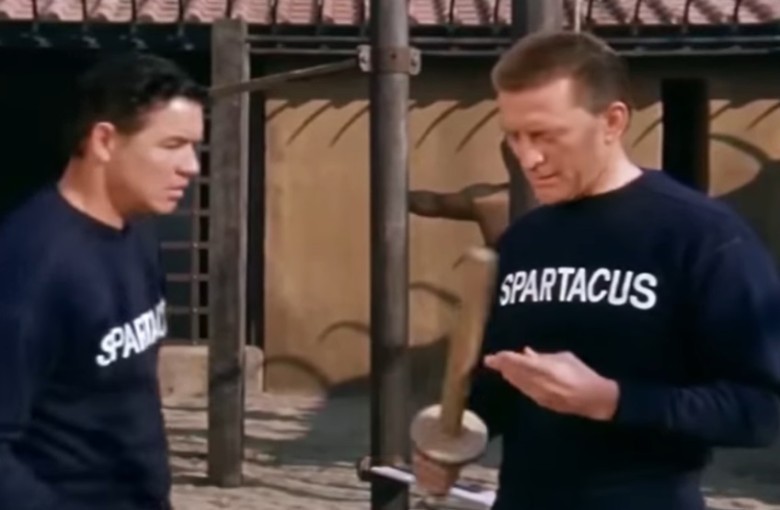
-
Censorship led to significant scene cuts in the film, including the removal of certain explicit content and LGBT-themed dialogue.
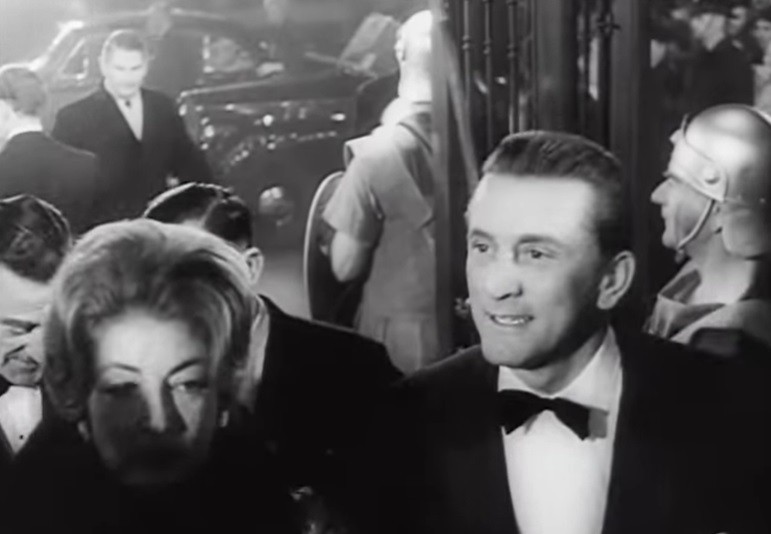
-
Despite a $12 million budget, "Spartacus" grossed $90 million, marking a remarkable success.

-
Following the film's debut, Kirk Douglas humorously remarked that its production duration exceeded the actual Spartacus uprising.
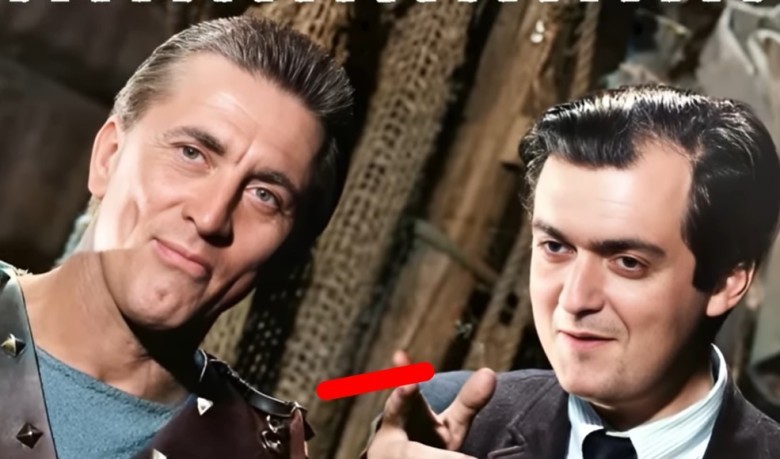
-
"Spartacus" received 6 Oscar nominations and won 4 awards, including best cinematography, costume design, supporting actor (Peter Ustinov), and production design.
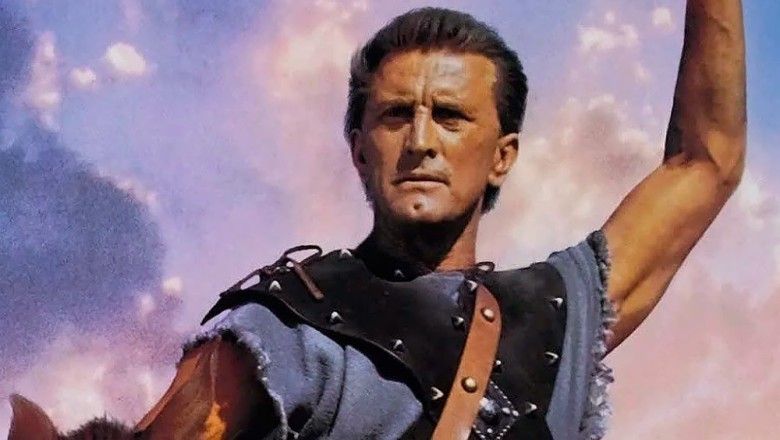


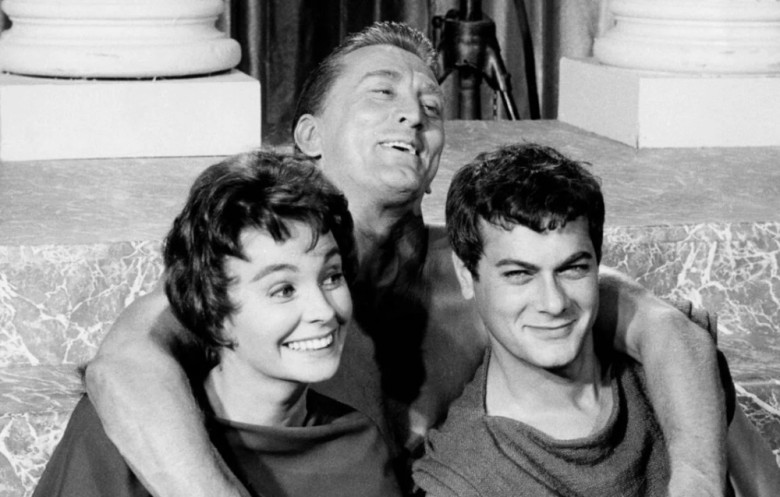
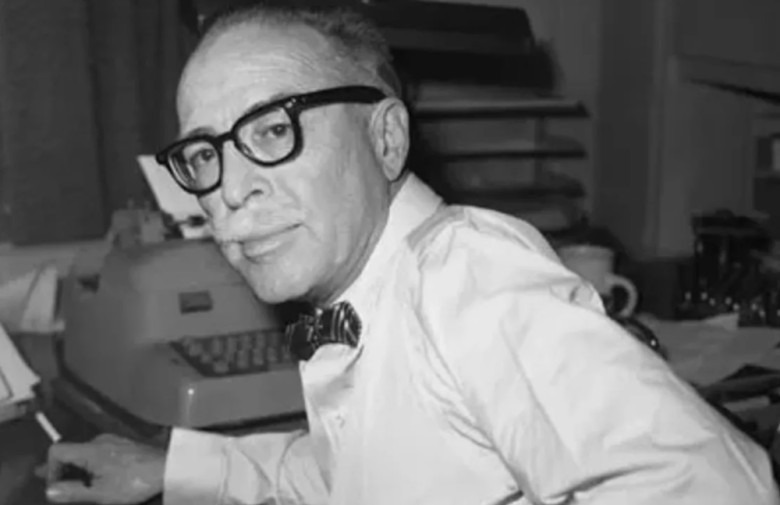
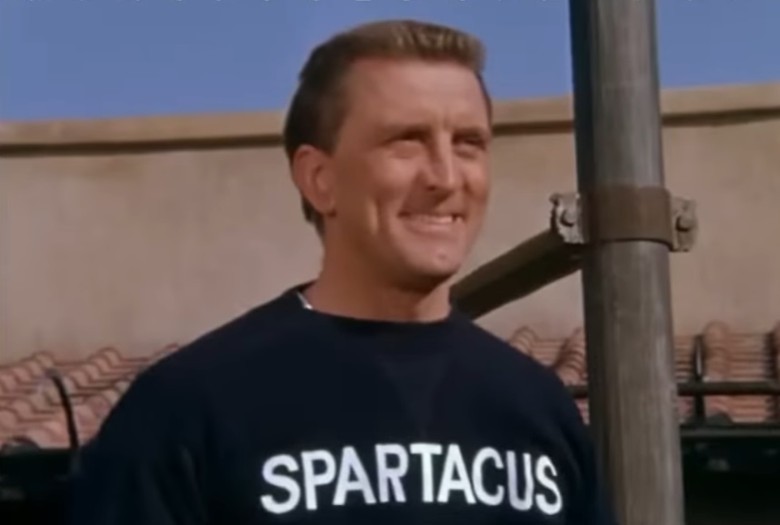
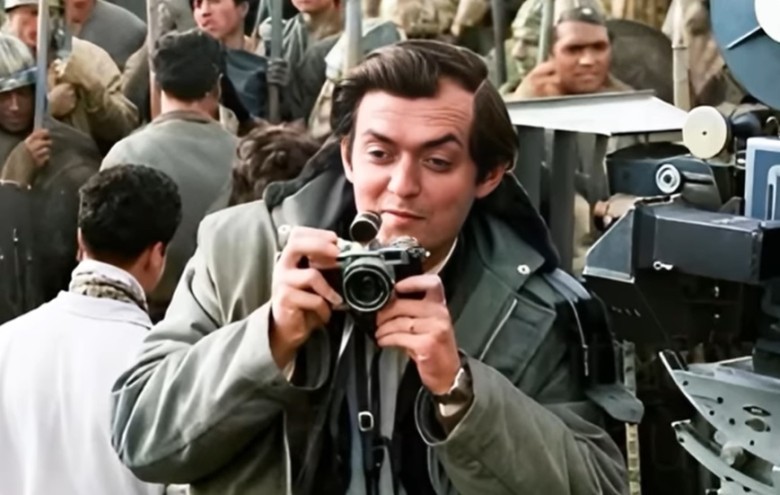
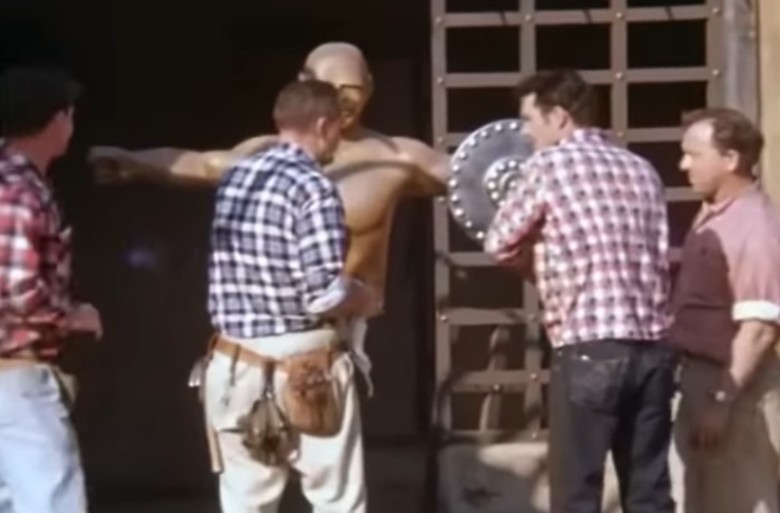
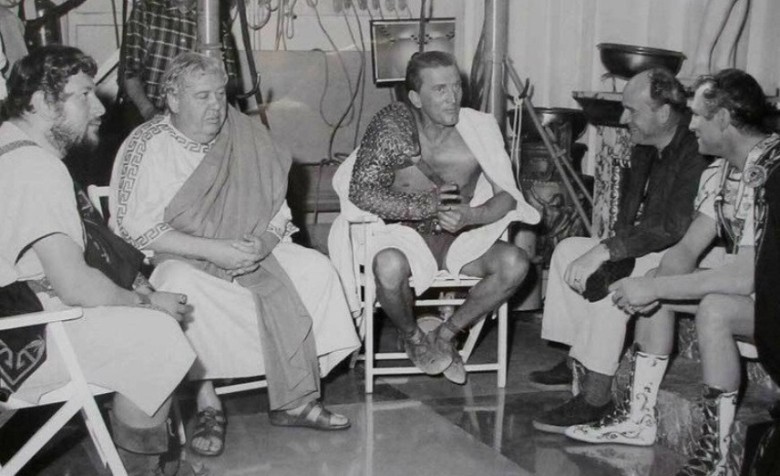


























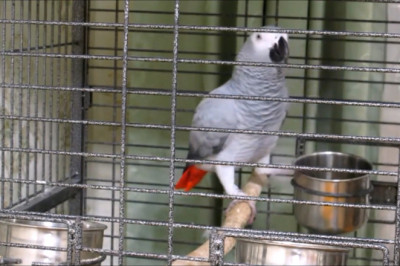






Comments
0 comment